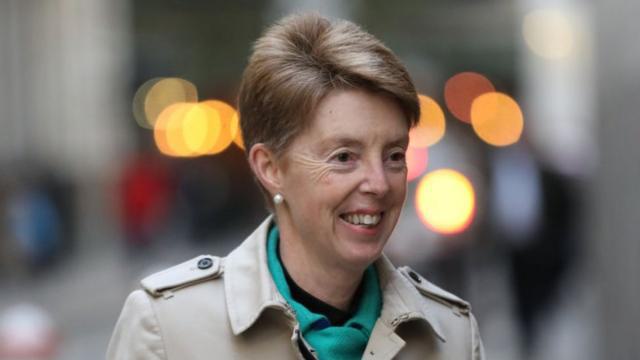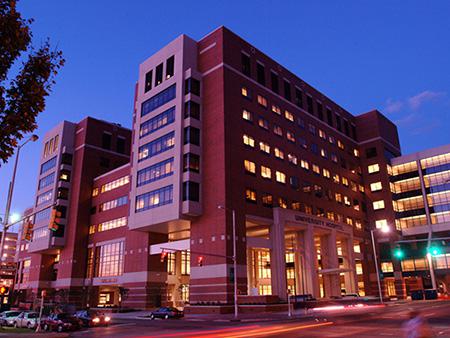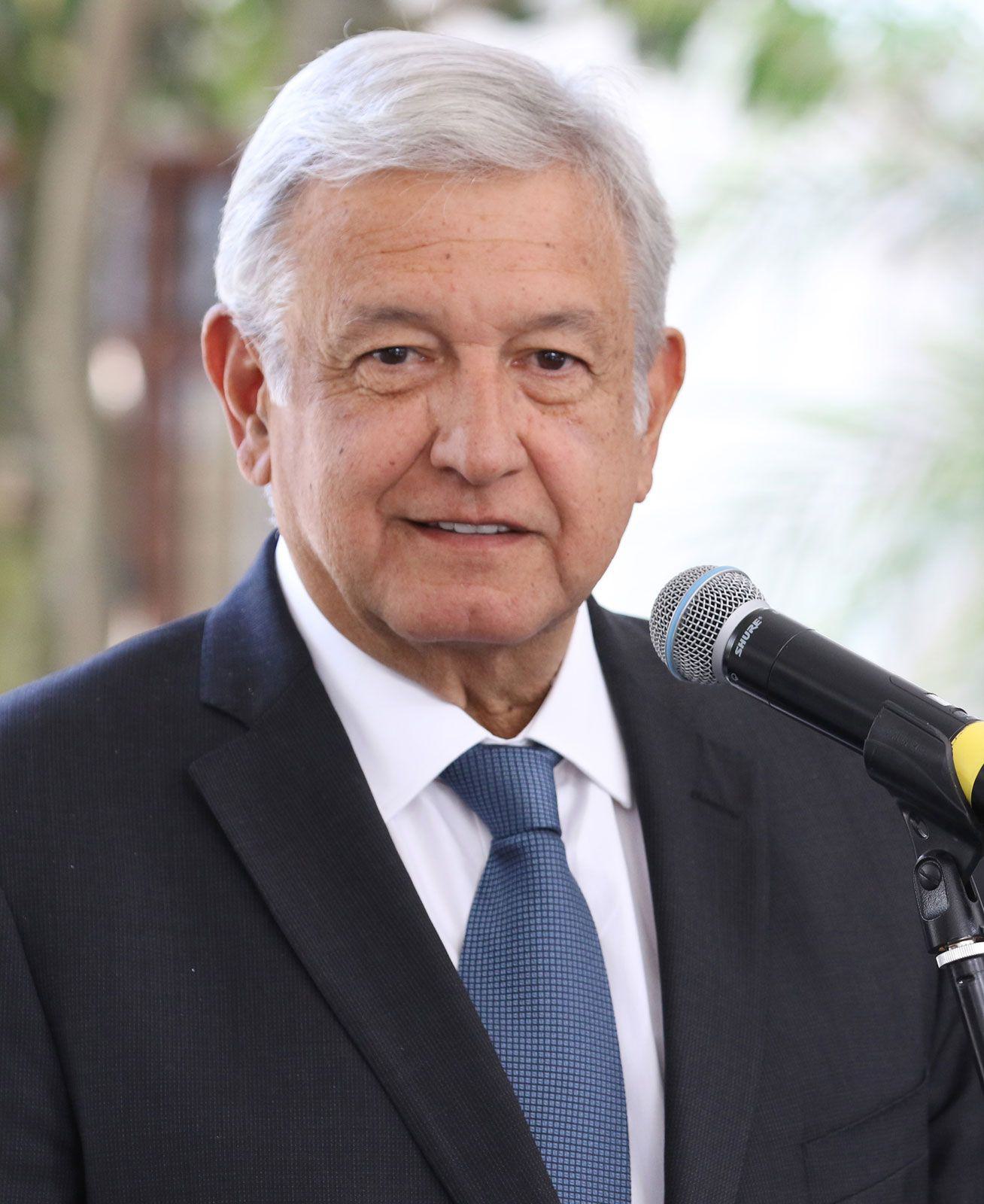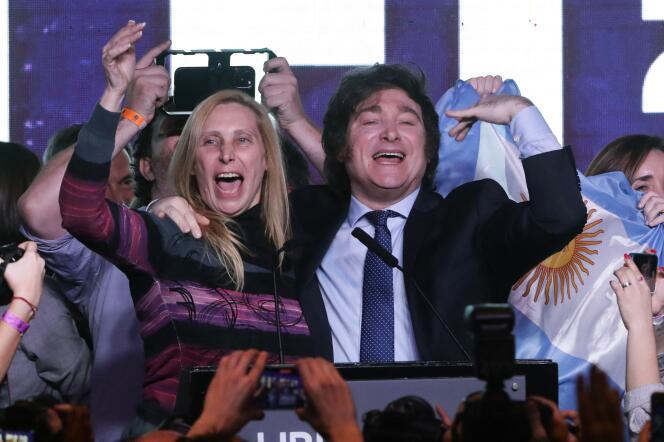Xi Jinping starts third term as President - Dispatch Weekly
March 10, 2023 - Reading time: 3 minutes
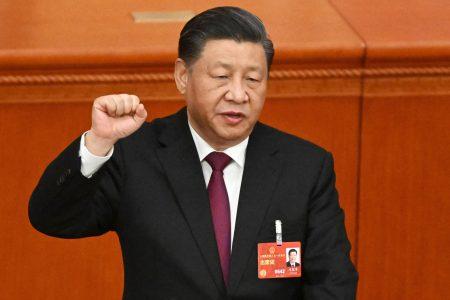
The nation’s rubber-stamp parliament has granted China’s leader Xi Jinping a historic third term as President.
It comes after a consolidation of authority that has elevated Mr. Xi, 69, to the position of China’s most powerful leader in decades.
The President’s duties are primarily ceremonial in the Chinese system of government.
Being the General Secretary of the Communist Party and the Chairman of the Central Military Commission gives Mr. Xi his authority (CMC).
At a party congress in October of last year, he received both positions.
It had been widely anticipated that his third term as President would be confirmed. It is seen more crucial to name a new premier and several ministries in the next days.
Most of the new hires are anticipated to be Xi Jinping supporters. This also applies to Li Qiang, who is expected to succeed Mr. Xi as his deputy.
Moreover, Mr. Xi was elected to a second term as the People’s Republic of China’s CMC chairman on Friday. The two CMCs in the nation—one a party organisation and the other a state institution—usually have the same membership.
As China reopens after his brutal zero-Covid policy, which stoked anti-government riots, Mr. Xi has reinforced his hold on power. The nation’s declining birthrate is another issue that endangers its ability to thrive economically.
Relations between Beijing and Washington are still tense, as evidenced most recently by claims that China was spying on the US using balloons.
According to Ian Chong, a political scientist at the National University of Singapore, “whether a strengthened Xi and increased centralization is adequate to address these challenges – or possibly make them worse – is unclear and perhaps not knowable at present.”
In a way, he said, Xi is “wagering” that the party’s centralization under his leadership would be the answer to these various problems.
This week’s “Two Sessions” of the Chinese People’s Political Consultative Conference (CPPCC) and the National People’s Congress (NPC) are carefully followed because they offer a preview of the direction China may take in the years to come.
Chinese presidents had been barred from serving more than two terms since Mao Zedong. In 2018, Mr. Xi abolished this restriction, making him a figure with a reach unseen since Chairman Mao.
Furthermore on Friday, Han Zheng, a 68-year-old former member of the Politburo Standing Committee, was named Vice President by the national assembly.
Since the position’s responsibilities are not entirely clear, its value varies. Yet according to Chong, Wang Qishan, the previous vice president, led Mr. Xi’s anti-corruption effort.
He noted that it is likely that Mr. Han will faithfully adhere to Mr. Xi’s instructions and apply the President’s regulations as appropriate.

DW Staff
David Lintott is the Editor-in-Chief, leading our team of talented freelance journalists. He specializes in covering culture, sport, and society. Originally from the decaying seaside town of Eastbourne, he attributes his insightful world-weariness to his roots in this unique setting.
